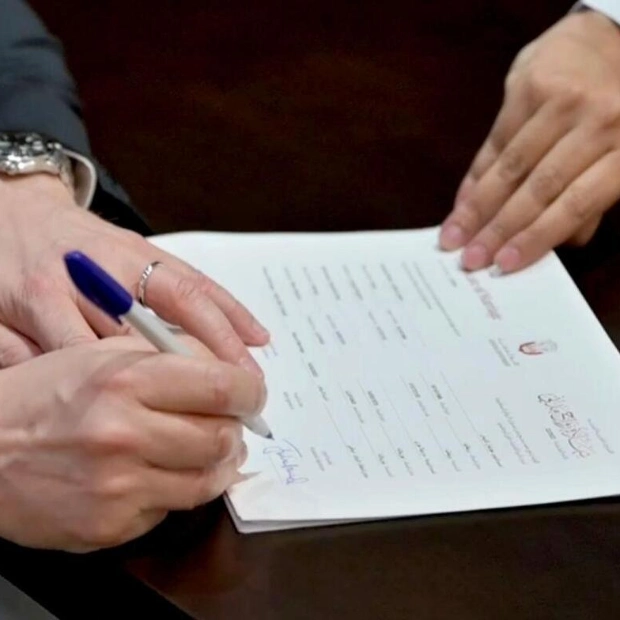A frequent question we encounter among UAE-based businesses with international operations is, "With the introduction of UAE corporate tax law, do we need to pay taxes on our foreign income twice? That is, once in the country where the income was earned and then again in the UAE? Does the situation become more challenging if we don't have a tax treaty with the foreign country—in such cases, does the concept of tax credits not apply?" The answer to these queries is a straightforward 'No.' The corporate tax payable can be reduced by any available foreign tax credit (FTC) for the same period. Moreover, this is well-established in local law and can be claimed even in the absence of a tax treaty. However, it's not as simple as it sounds. A business cannot merely reduce the entire portion of foreign taxes paid when settling tax liabilities in the UAE. There are specific formulas for calculating the foreign tax that can be claimed, along with mechanisms for how to claim it.
The UAE corporate tax law provides a formula to calculate the FTC. Only the amount derived from this formula will be allowed as an FTC. The FTC granted cannot exceed the amount of corporate tax due in the UAE on the foreign source income. Essentially, you can claim a credit for the lower of the actual foreign tax paid on the income or the UAE corporate tax due on that foreign income. In any instance, the amount of foreign taxes paid would not exceed nine percent of the corporate tax due on foreign source income, which is calculated on a weighted basis. Additionally, the credit is calculated on an income-by-income basis, preventing the offsetting of excess credit against other foreign source income.
For example, if a UAE resident liable to pay taxes at the rate of nine percent in the UAE has paid tax at the rate of 20 percent in Country A and tax at the rate of two percent in Country B (assuming both incomes are also taxable in the UAE), they cannot offset the excess 11 percent (20-9) paid in Country A against the shortfall of seven percent (9-2) in Country B. Notably, the foreign tax credit is not available for exempt income, such as foreign dividends under the participation exemption, and when the UAE Taxable Person has a loss position under the UAE Corporate Tax Law. Another critical point is that any unutilised FTC cannot be carried forward to future tax periods or back to previous ones; it's a use-it-or-lose-it scenario.
Unused FTCs are forfeited, and there's no provision for refunds or deductions for unutilised credits. Additionally, the FTC can only be applied after accounting for any withholding tax credits. This layered approach ensures that all credits are applied systematically to maximise the tax relief available to businesses. The complexities of foreign tax credits under UAE corporate tax law may seem daunting, but understanding these key principles can help reduce the impact of double taxation. By adhering to the formula and recognising the income-by-income basis, businesses can effectively manage their tax obligations and leverage the FTC to its fullest potential. As always, staying informed and consulting with tax professionals can further smooth out the complexities of international tax management.






